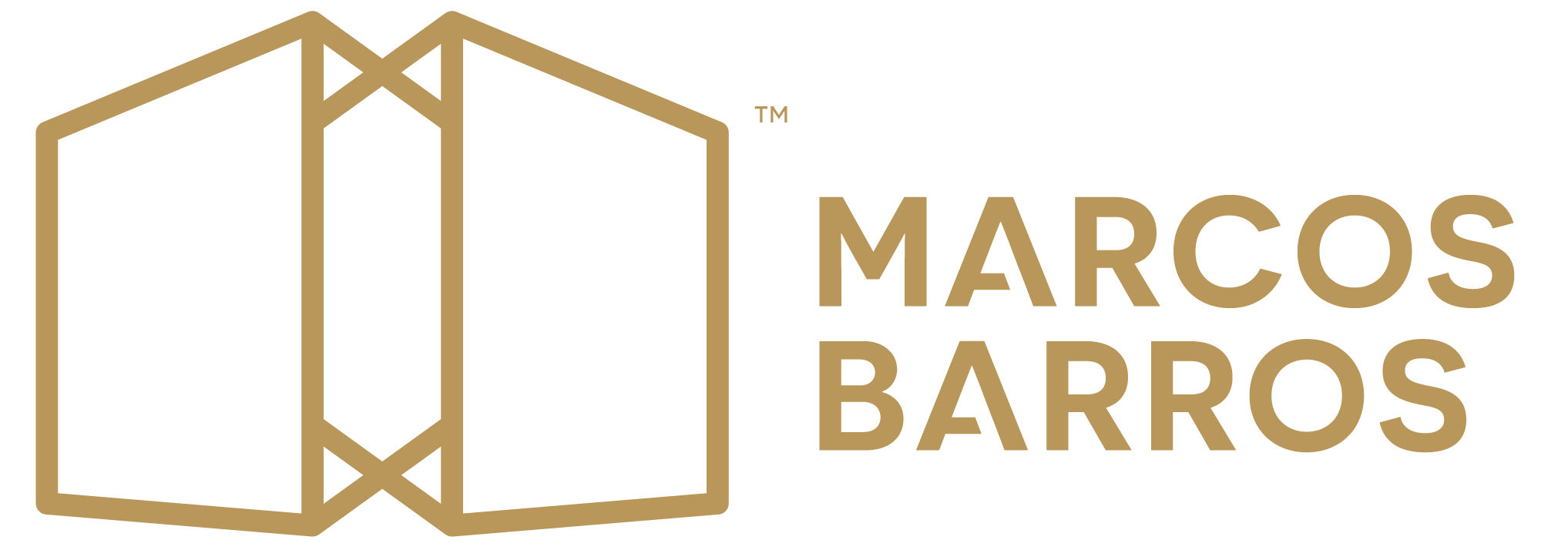(This is a brain dump, still being worked on)
You will find below a simple and concise model to understand the basics of human behaviour. I created it to help me make sense of the complexities of peoples decisions and reactions. It is based on studies on Neuroscience, Psychology and Anthropology.
I work with solving complex problems in my profession. And I believe that all problems are, in the end, human behaviour problems. Therefore to understand human behaviour leads to find better ways to solve any kind of problems.
Note: To write this article I am using a Mental Model called “First Principles”, that tries always to go to the deepest roots of something and discover how it relates to unchangeable facts or principles.
All our thinking processes are somehow related, or refer back to our wiring towards survival.
If you are walking and slips and fall, your first reactions are towards not being hurt – you try to use your hands to soften the impact on your body, for example.
But just after you touch the floor, your first concern now is not to look like a fool. You want to know whether people saw your fall, if you are still on the floor and if people are looking at you.
This behaviour reflects a hierarchy of thinking. Our most basic and immediate reaction is towards preservation of the biological system that our living bodies are. Our bodies want to stay alive and functioning as living beings.
Then we respond to a layer of learned social behaviour that came from the tribe environment: how we believe that we are regarded by the people around.
Referring to Alfred Adler, we want to hide our sense of social inferiority, and we continuously look for ways to compensate or overcome it.
We do it by setting goals.
In the same way that when I fall, I set the immediate goal of not being hurt, and I act instinctively towards that goal, we create unconscious goals in the social sphere.
Our main social goals are to compensate for our sense of inferiority or to be seen as superior.
As mentioned before, these fundamental goals probably developed during the tribal period. Someone with a superior status in the tribe had survival advantages, like protection, better food and more options to mate.
All our struggle for power and status come from this configuration we inherit from this period of human evolution. Although there are the negative aspects of having this mindset, the benefits can not be overlooked.
The whole progress of humanity, the fantastic advances we made in every area, are a result of this drive towards overcoming our sense of tribal inferiority and inadequacy.
Precisely at this moment when I am writing this article, my inner drive, mostly unconscious, is to feel good about myself. It´s to believe that I understand something relevant and to publish it gives me the chance to be seen as somehow superior.
However, my conscious mind tells myself another story. I want to believe that my real motives are related to contribute to the progress of humankind, to help people to live more intentional lives.
And this is fine because it adds to the upper layers of my emotional driving.
I do feel great when I believe that I am producing something relevant to other people. But according to Adler, deep inside, the root of my motivation is this hidden need to feel better about myself and to be seen by other people as superior. I am just following this unconscious tribal configuration, trying to increase my chances of survival and to pass on my genes.
Conclusion:
What is the use of this knowledge?
Back to the beginning: our problems are always related to human behaviour — not some of them, all of them. From launching a new business to finding ways to save the planet, human behaviour is always the central problem.
The more we understand it, the better we can solve these problems.
If we keep refereeing back to how our thinking configuration was built, we have better chances of understanding why we do what we do, and we can design better solutions to the problems we face.


Recent Comments